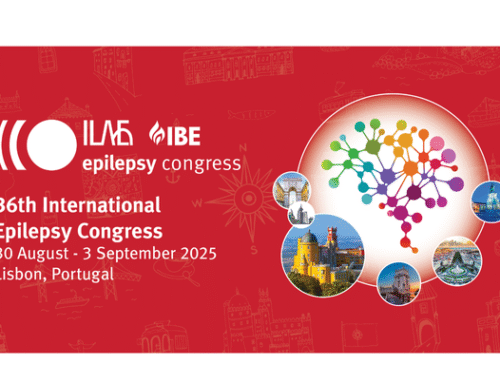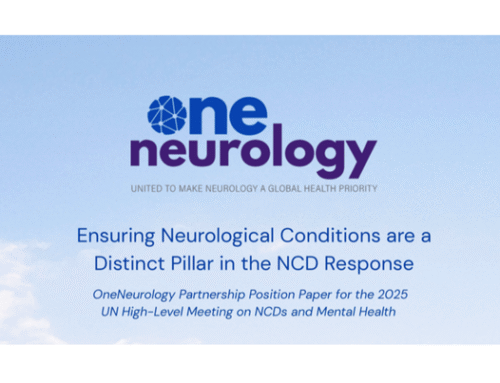The UN will convene their High-Level Meeting on Noncommunicable Diseases (HLM4) on 25 September in New York, where Heads of State and Government will set a new vision to prevent and control NCDs towards 2030 and 2050. The outcome—a political declaration to be decided during the UN General Assembly (UNGA80)—offers a unique opportunity to secure an ambitious and achievable global commitment on NCDs towards 2050.
The urgency could not be greater. More than three billion people live with a neurological condition and 970 million with a mental health disorder worldwide. Neurological conditions alone are now the leading cause of ill health and disability globally. The costs are immense—straining national budgets, reducing productivity, and slowing long-term economic growth. Increasingly, brain health is recognised not only as a health priority but also as a fiscal and social policy issue, with brain capital emerging as a driver of national competitiveness.
Neurology must be central to this conversation. Encouragingly, neurological conditions are now included in the latest draft text—but much more must be done to ensure that brain health is visible within the broader NCD agenda.
Representing this call, Ms. Donna Walsh, CEO of the International Bureau for Epilepsy (IBE) and Chair of OneNeurology, will attend HLM4, joined by Dr. Orla Galvin, Executive Director of the European Federation of Neurological Associations and a member of the OneNeurology secretariat. Donna Walsh will also speak at the European Brain Council’s UNGA80 event, highlighting the urgent need to prioritise neurological conditions in global health policy.
OneNeurology has been working closely with the NCD Alliance and engaging directly with missions in New York to advance this cause. Yet, with only 19 of 194 countries currently on track to achieve Sustainable Development Goal 3.4—to reduce premature deaths from NCDs by one-third by 2030—bold and united action is essential.
- You can follow the UN General Assembly and related sessions live here: General Assembly | UN Web TV
- Read the NCD Alliance’s final policy brief is available here: UN Fourth High-Level Meeting on NCDs and Mental Health • Global Week for Action on NCDs
- Explore the Civil Society Toolkit and share your advocacy on the Global Week for Action Map of Impact.






